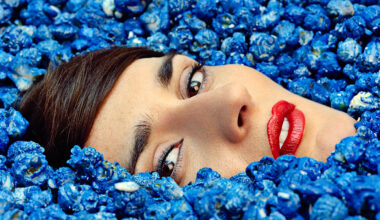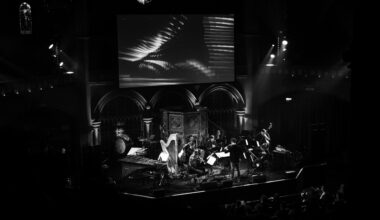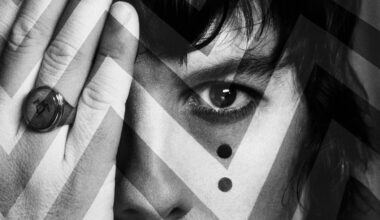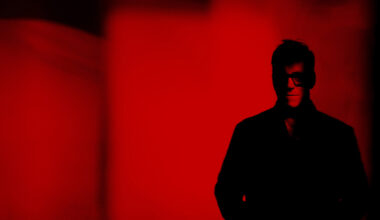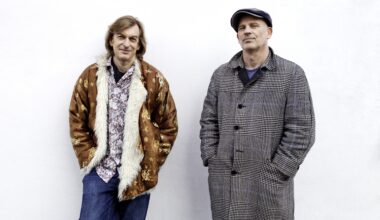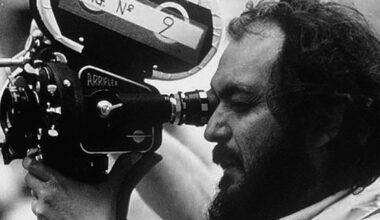A majestic collection of 21st century synthpop – complete with hints of disco, a sprinkling of acid house and a big dollop of glamour – ‘The Love Invention’ is the long-awaited debut solo album from Alison Goldfrapp. Backed by some fabulously playful AI-generated visuals, it’s no surprise that the record rocketed straight into the UK Top 10 in the week of its release…
Want to read more?
Sign up to Electronic Sound Premium to gain access to every post, video, special offers, and more. 100%, all you can eat, no commitment, cancel any time.
Already a premium member? Log in here

